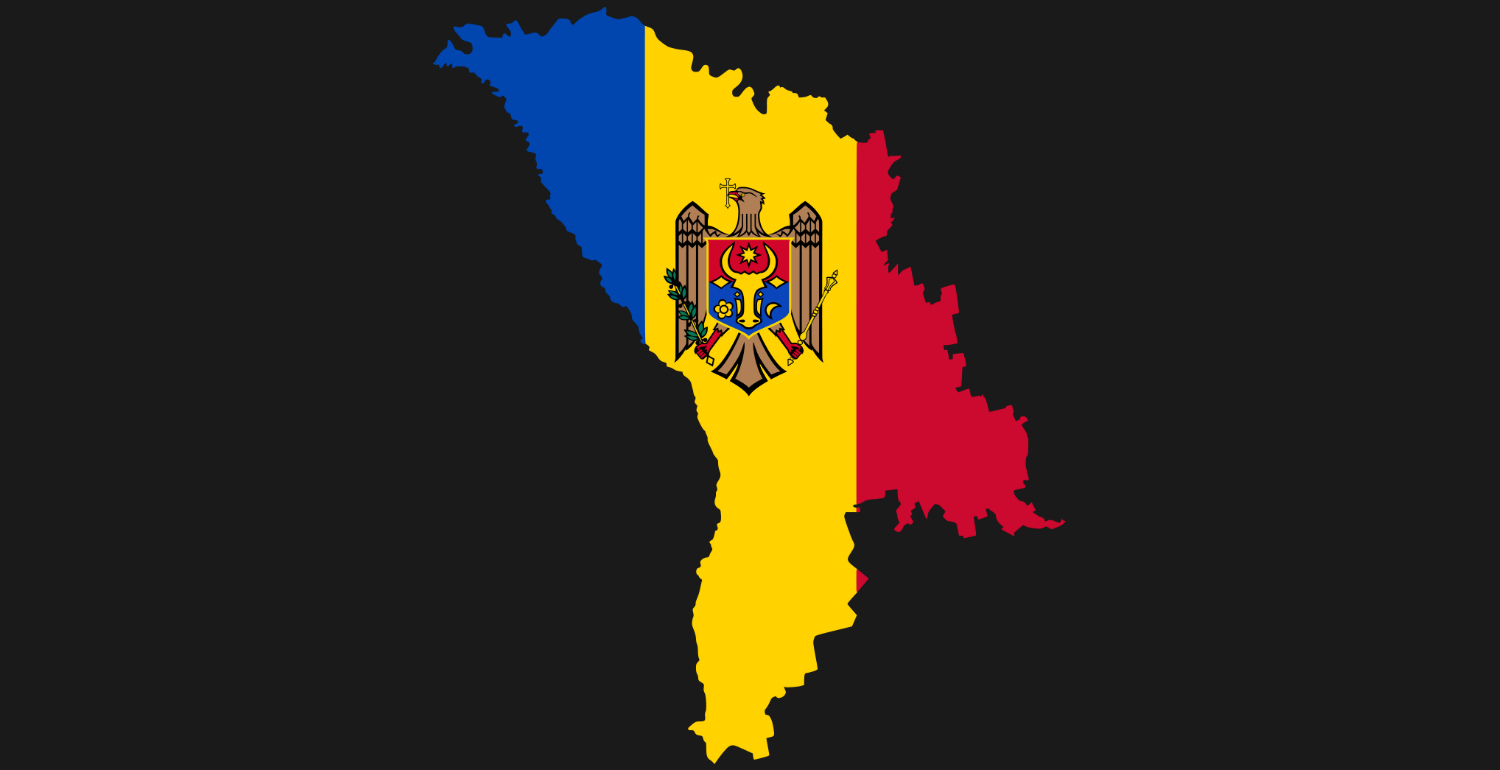This briefing took place in the wake of the June 20th, 2009 parliamentary elections in Moldova. Nearly 60 percent of the Moldovan populace voted, and nearly 3,000 international and local observers were present. The international election observation mission consisted of delegations from the OSCE Parliamentary Assembly, the OSCE Office for Democratic Institutions and Human Rights (ODIHR), the Council of Europe’s Parliamentary Assembly, and the European parliament.
The international election observation mission evaluated the elections positively overall, but noticed a number of shortcomings, particularly in the process of registration of electoral lists and the overall tense climate of the electoral campaign.






